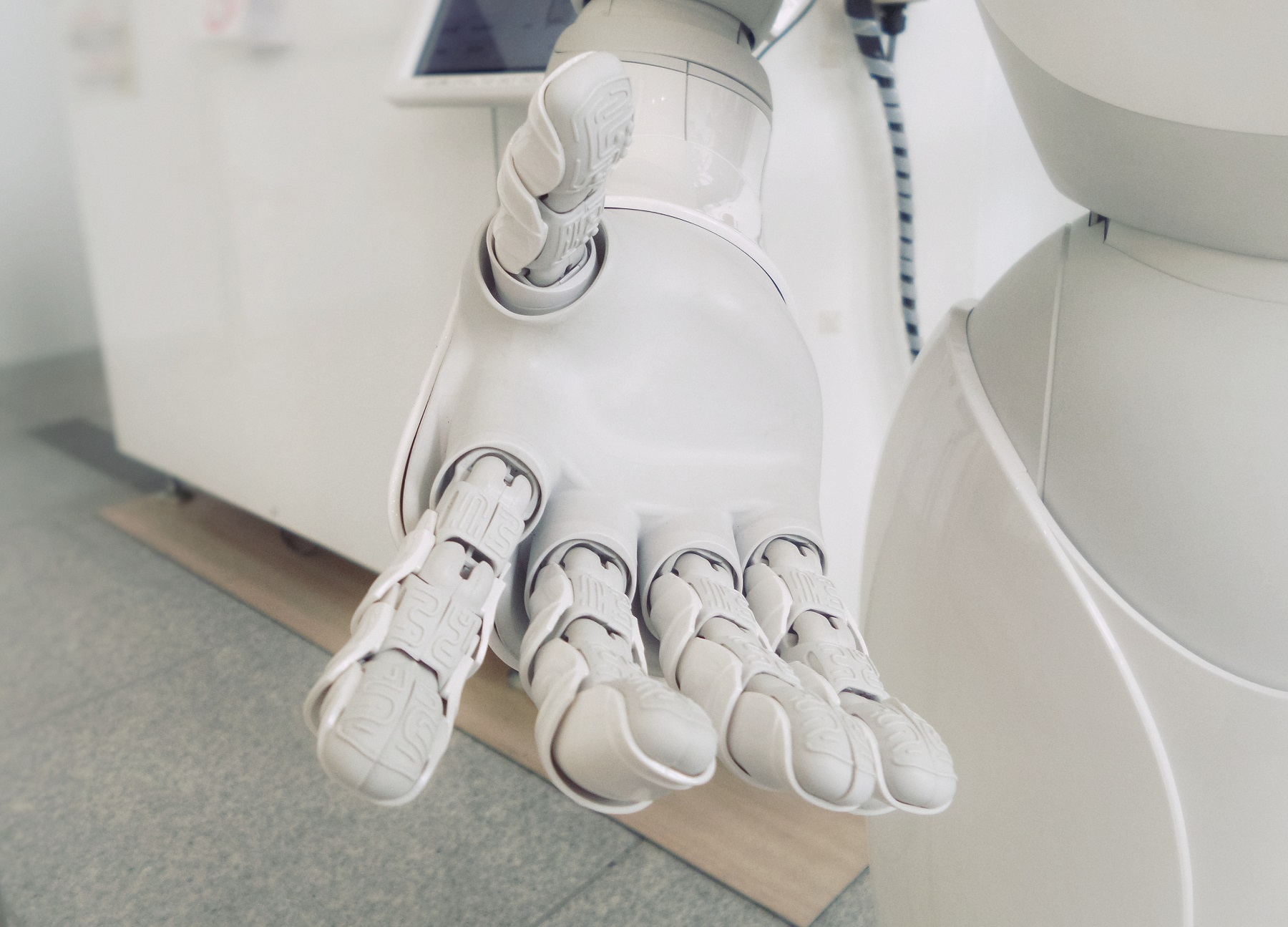The concept of artificial intelligence has come a long way, from a destructive form of androids out to take over the world to a kind of technology with human-like intelligence capable of performing cognitively complex tasks.

This coming of age has paved way for an AI landscape where businesses are adopting the technology to help them work faster and smarter. In 2019, you can expect AI to explode more rapidly with newer and better applications for your company and your customers alike.
The Benefits of AI for Businesses
AI has its fair share of criticisms and support. For the skeptics, the resistance toward AI may be due to the notion that bots and computer programs might soon replace humans in building future societies. On the other hand, proponents of business AI assert that the technology brings about the following benefits:
- Reduced operational costs. AI can save your business time and money as it helps you automate routine work – from mundane tasks such as organizing your calendar to more critical ones such as collecting and processing data.
- Increased productivity and efficiency. AI-based technologies are designed to be precise and free from errors commonly made by humans so there will be no unnecessary (potentially costly) revisions to your workflow.
- Better customer experience. The predictive capabilities of AI can help you predict how customers’ needs or interests are changing, so your business can become more adaptable to these trends.
- Growth in business expertise. AI’s machine learning algorithms make it easier for you to analyze your business data and consequently make better data-backed decisions.
AI Applications for Businesses
Today, AI is no longer a science-fiction concept as it has real-world applications in many industries and business models. Here are top examples on how you can use AI in business.
Quality Control in Manufacturing
With AI, manufacturing and automotive companies can perform more stringent quality control (QC) tests in their products. Under the naked eye, humans might not be able to spot microscopic defects, but machines equipped with powerful cameras can. These eagle-eyed machines will be able to detect any type of irregularity in products under QC, capture images, and forward them to a quality control analyst, who will then be responsible in making judgments and the necessary corrections.
Another application for AI in the manufacturing sector comes in the form of generative design. Product engineers think up a design for a particular product or project and use a generative design software to help them create as many iterations as possible. Since the software has machine learning features to help designers test each version, designers can narrow down their choices as to which model works best.
Automating Recruitment
Recruitment can be a tedious process, but AI can help you transition from using antiquated recruitment strategies to employing smarter solutions in talent sourcing and applicant screening.
From automating the schedule of your interviews with applicants to shortlisting candidates, AI allows you to streamline recruitment tasks, so you can save precious time in filling key positions in your organization. Moreover, there are now tools that you can use to find passive applicants, so you can expand your pool of qualified candidates and increase your success rate in making quality hires.
Defense Against Data and Security Breach
There are a couple of ways that you can leverage AI to protect your business from online security threats.
For one, you can better predict and pinpoint vulnerabilities in your IT network and maintain the integrity of proprietary and customer data – thanks to the deep learning features of AI bots which automatically test the security of your system.
AI also helps you manage your IT infrastructure by controlling the amount of traffic that it gets as well as by balancing the workloads of your computing systems and networks.
Personalizing Customer Experience
Many of the practical applications of AI focus on . In particular, marketing and multimedia services take advantage of the fact that they can get tremendous amounts of data by tracking their customers’ digital activities. This allows them to tailor their recommendations and come up with better products or services that can potentially grow the business revenue.
You can also incorporate AI solutions to analyze other forms of customer behavior, such as when they’re most likely to respond to your emails or surveys, or to determine which online channels are best for reaching your audience. All of these insights can be helpful as you establish your brand of customer service.
Aid for Healthcare Diagnosis
Businesses in the medical industry can make use of AI tools to deliver excellent patient care, too. For example, they can implement smart wearable devices that are equipped with vital signs trackers to enable doctors and other healthcare professionals to collect data about patients’ medical condition remotely. As a result, diagnosis becomes more accurate compared with patient-reported data, which could be prone to inconsistencies.
These AI-powered devices can also make it easy for medical service providers to offer timely interventions for patients, so they can lead a better quality of life.
Making Your Business Intelligent Through AI
AI is all about using the right tools and technologies to help your business predict trends and improve processes while providing better products and services to your customers. Be prepared to embrace all the possibilities that AI has to offer your business if you want to keep up with the trends and remain competitive in the modern era.
Want to know more about how custom software and AI can grow your business in 2019? Contact the experts at Intelligent Bee today!